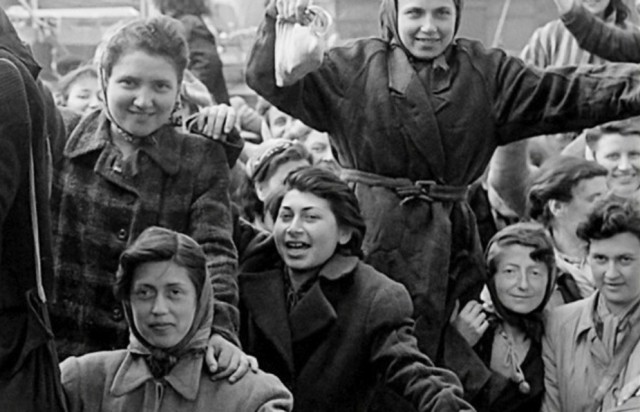
It’s that time of year again, where films from around the world flood local screens for the annual Boulder International Film Festival. As always, the lineup features a large number of films on a plethora of topics. But this year, BIFF has spread out, screening films in Longmont and Broomfield as well. Whether you want a nice feature film to put you at ease or a documentary that galvanizes you to take action, BIFF has a little something for everyone. Here’s a sampling of what the festival has to offer.
Every Face Has a Name (Noon, March 5, Boulder Theater; 5 p.m. March 5, eTown)
On April 28, 1945 thousands of German concentration camp survivors were released in Malmö, Sweden. It was an emotional day, and you can see the wide range of feelings on the faces of each person in the historical photos and video taken that day. The images feature myriad people, and each person has a story. It’s those stories that director Magnus Gertten explores in his documentary, Every Face has a Name.
The film centers on footage from that day, and Gertten interviews the people in the images, asking them about how they felt when they were released, about the time they spent in the camp, the people they knew and their lives since then. They share their memories and small details that stick out: their coats, their haircuts, the parcels they were carrying. With each interview he gets a little closer to putting a name to each face, humanizing the masses to remove the anonymity of history.
Seventy years later, it’s moving to watch survivors see themselves as children and young adults and at almost the exact moment they were given their life back and a chance to live. “It was just a new world for me,” says survivor Fredzia Marmur in the film.
To contextualize the film for modern day audiences, Gertten juxtaposes images from World War II with footage of current day refugees arriving in Italy. The historical comparison sheds new light on the ongoing crisis of whether or not to provide refuge for those fleeing the horrors of their homelands.
— Amanda Moutinho
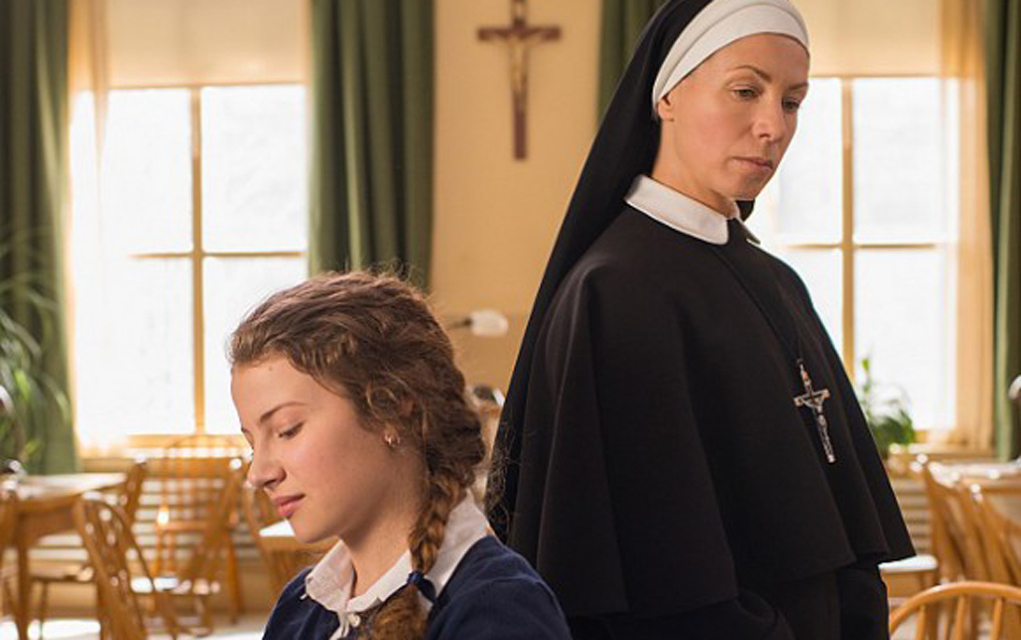
The Passion of Augustine (12:15 p.m. March 4, First United Methodists Church; 5 p.m. March 6, Broomfield Auditorium)
Rural Quebec, 1960s: a group of Catholic nuns face the terrors of modernity. Vatican II has turned the altar around to face the congregation and stopped conducting mass in Latin, the State is slowly taking control over education and health, and Sister Augustine’s (Céline Bonnier) brand of Christian socialism — making the wealthy parents pay for the poor students — is wearing thin. It’s winter and the heat is turned low, the porridge is served cold and a long-standing priest is stepping down and retiring to Florida. Things are not looking well.
Then life walks through the door in the form of Augustine’s niece, Alice Champagne (Lysandre Ménard), a gifted musician and a potential counter-culture rabble-rouser. Augustine’s convent is known for producing award-winning musicians, but Champagne could be the best of the bunch — if she can suppress her predilections for giving Bach a jazzy swing. Champagne needs discipline and focus; Augustine needs a breath of a fresh air. Looks like they found each other at the right time.
Sisters and students banding together through music to save a convent sure sounds familiar, but The Passion of Augustine is fun enough to make it feel fresh. Writer/director Léa Pool directs her movie with an eye for detail — the day-to-day activities of a Catholic school are astute — but it is how Pool works in just enough whimsy to give the movie an effervescent feel. It’s just the sort of movie that smears a smile on your face and plants a song in your heart.
— Michael J. Casey
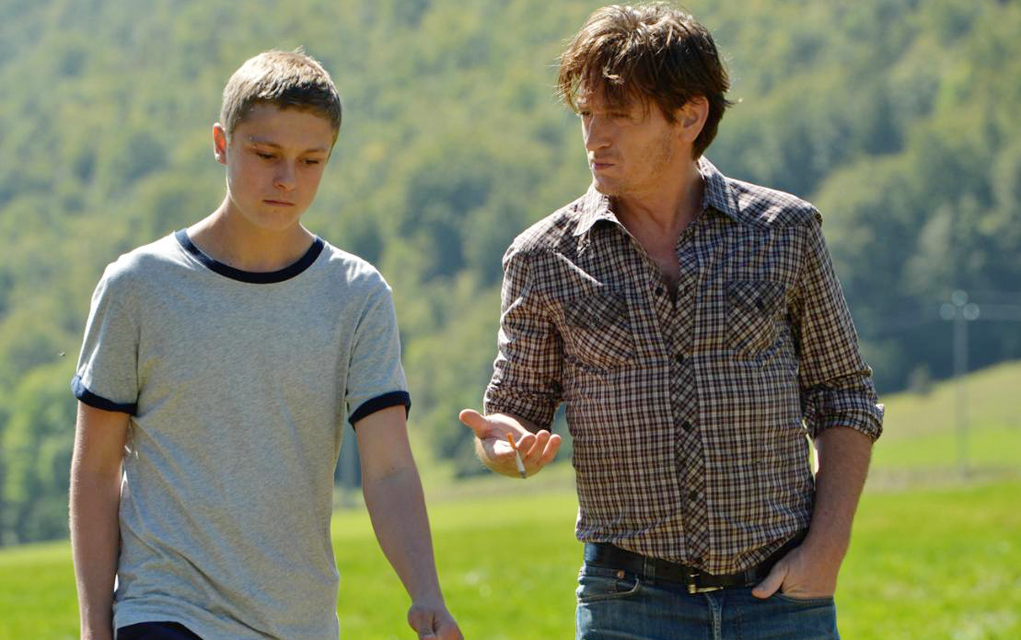
Standing Tall (2:15 p.m. March 4, Boulder Theater)
L’enfant sauvage Malony (Rod Paradot) is 16 and completely out of control. His mother, who is not much older than he, has a substance problem and his father died when he was four. With no guidance or help controlling his emotions, the world has heaped a lot on Malony, and wild pubescent emotions aren’t helping anything.
But the French judicial system is sympathetic to Malony’s plight. They know that trying Malony as an adult is not only unconscionable, but meaningless. Locking Malony up and throwing away the key will not solve the issue, nor will subjecting him to a world that is unkind and indifferent. No, Malony must be reformed. He must be shown compassion and he must learn a trade. Malony must become a participant in society.
Judge Blaque (played by the always amazing and understanding Catherine Denueve) understands Malony’s case all too well. She assigns Yann (Benoît Magimel) as Malony’s parole officer. Yann is a successful graduate from Blaque’s program, and he knows the good it can do. He also knows how difficult it is, and when Malony lashes out in frustration and pain, Yann’s face resonates decades of similar anguish.
Standing Tall (La tête haute) captures that anguish and frustration with surprising honesty. Those surrounding Malony are calm, compassionate, and above all, they are patient. Malony’s anger is real, and their understanding is noble. The ending may feel contrived, maybe unbelievable, but it is fully earned.
— Michael J. Casey
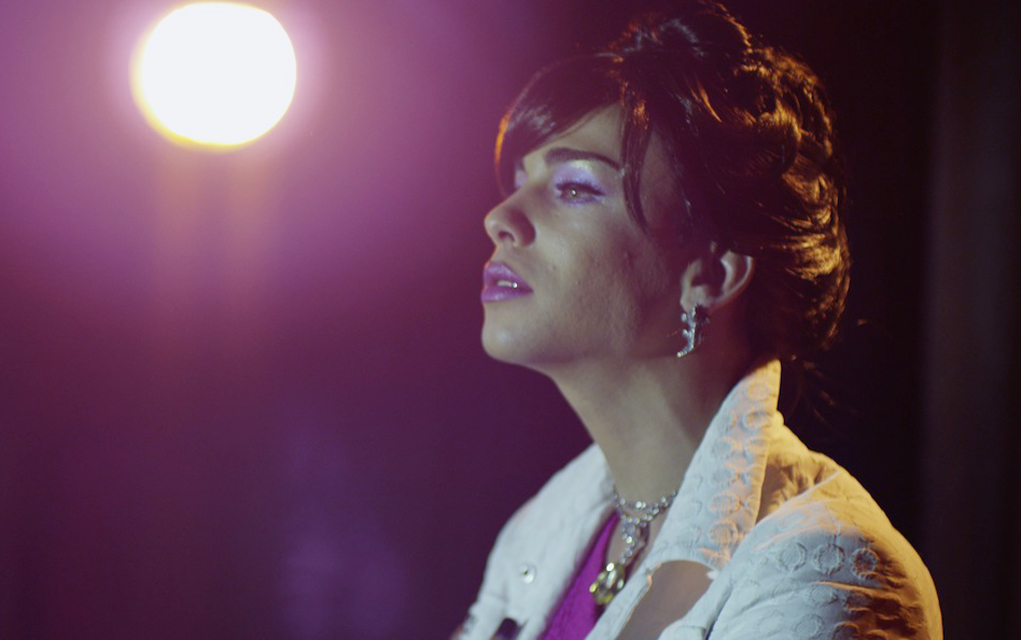
Viva (7:30 p.m. March 4, Boulder Arts Cinema; 7:15 p.m. March 5, Boulder Theater)
Jesus (Héctor Medina) is a young hairdresser at a Havana nightclub that specializes in lip-syncing musical numbers in drag. It’s pure camp, but it’s beautiful and Jesus dreams of commanding and captivating the audience. At home, his life is destitute. His father — the famous boxer, Angel — ran out when he was three, his mother died, and now Jesus scrapes by, sharing his flat with a woman who routinely kicks him out on the street so she can sleep with her boyfriend. It’s not much, but it is something. Then, suddenly, Angel (Jorge Perugorria) shows up.
Angel is no longer the physical specimen of his boxing youth, but an old man, greying with an extra three or four or 50 pounds tacked on to his frame. The timing seems suspect; Jesus is just about to make his debut on the stage when Angel comes knocking. Could he have planned it? Or is he here just to ruin his son’s life? Unfortunately, Jesus quickly realizes how important Angel’s timing is.
Viva, Spanish for long-life, is set in the vibrant and noisy city of Havana, Cuba. Irish director Paddy Breathnach mines the locale for all the flavors he can find and as an outsider infatuated with a people and a place, it shows. His infatuation may remain on the surface, but it is a beautiful surface. Not every movie must break the mold, and Viva relies heavily on some familiar tropes, but it is a new spin on an old tune, sung beautifully by Medina and Perugorria.
— Michael J. Casey
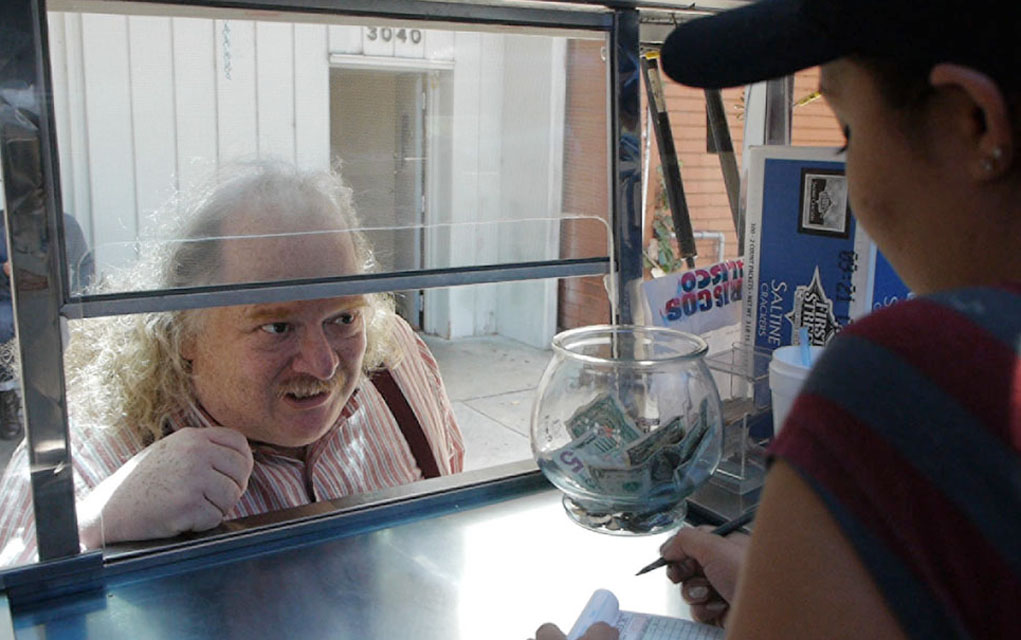
City of Gold (7:15 p.m. March 4, First United Methodist Church)
Los Angeles food critic Jonathan Gold calls himself “the belly of Los Angeles,” and he is that and more. LA is a foodie haven and its restaurants represent a vast array of cultures with each dish a living history. Gold’s weekly reviews traverse this vast metropolis and catalogue the many different people who call LA home. In a sense, Gold’s reviews are as important to the cultural make-up of LA as the writings of Raymond Chandler.
Gold, formerly of the LA Weekly now of the Los Angeles Times, is food critic par excellence and not simply for his incredibly discerning palate and quick wit with the keyboard, but also his devotion to the craft. Unlike many East Coast critics, Gold eschews prestige and hunts high and low for the hole in the wall restaurants with family history. Many of his raves have boosted hard-working immigrant families toiling in food trucks or sun-soaked strip malls, barely making it by until Gold comes along and transforms their businesses into successes. His reviews don’t just help realize lifelong dreams, but preserve a bit of family history and culture in the process.
City of Gold follows the clever critic down sun bleached streets from the cab of his much-loved Dodge pick-up as Gold gives a tour of LA; the sights, the sounds, the smells. LA is a giant sprawling metropolis, one that has baffled many of writers, but Gold has found a way to grasp the city by the guts and show it for the wonderful and eclectic land it truly is.
— Michael J. Casey
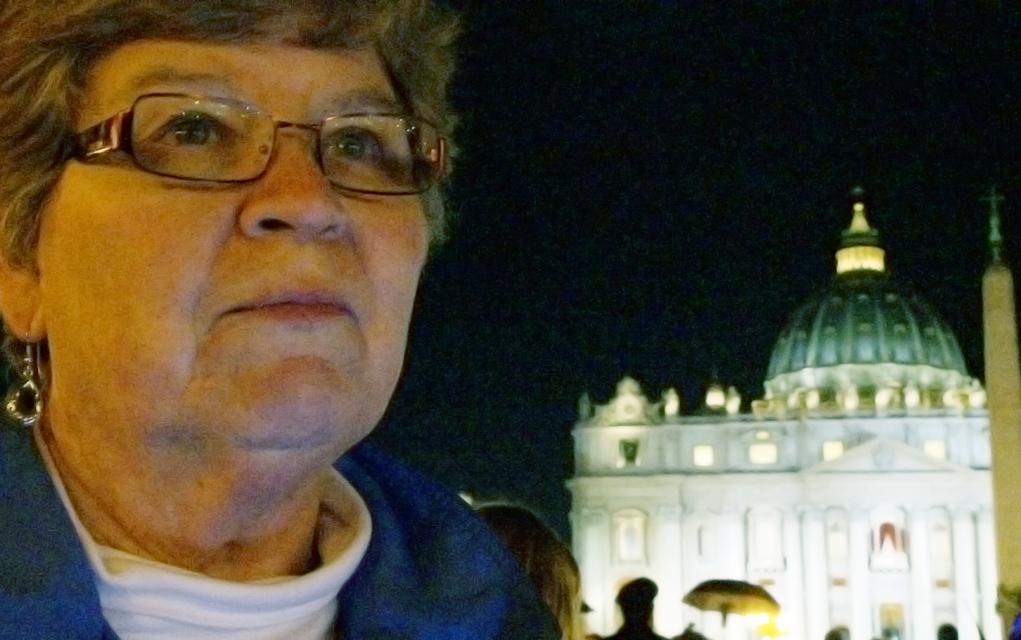
Radical Grace (2:30 p.m., March 4, The First United Methodist Church; 10 a.m., March 5, eTown Hall; 2:15 p.m., March 5, Longmont Museum)
In the midst of decades-long scrutiny of the Catholic church for pedophilia, the Vatican began investigating American nuns in 2009 for promoting what they called “radical feminist themes” in their social justice work throughout the country. With 59,000 nuns in the U.S., this announcement came as a surprise to many, especially for those who took their vows in the ’60s and early ’70s at a time of increasing social activism by the Catholic church both in the civil rights and anti-war movements.
In the documentary Radical Grace, director Rebecca Parish follows three prominent American nuns as they continue their social justice work while awaiting the Vatican’s judgment.
Sister Jean works with former inmates, listening to them, laughing with them, teaching them and ultimately encouraging them to move forward. Sister Simone is a social justice lobbyist working in D.C., advocating for healthcare reform in the midst of the Obamacare debate. And Sister Chris travels the country and the world, challenging the patriarchy of the Catholic church and making a case for female ordination.
Backed by executive producer Susan Sarandon, who won multiple awards for her role as a nun comforting a convicted killer in Dead Man Walking, the documentary is both heart-warming and -wrenching. The film documents the strength and integrity of the sisters as they grapple with the very real consequences of their actions and the hope they feel as Pope Francis takes charge of the Vatican in 2013. The nuns face critique from fellow Catholics, public rebuke from American bishops and even the possibility of excommunication. But they also draw wide support from their own communities and the larger community of American Catholics, which gives them the hope and courage to continue.
Radical Grace reminds us that no matter our belief system, personal conviction often conflicts with cultural norms and the film connects us with the internal battle that often ensues.
— Angela K. Evans














